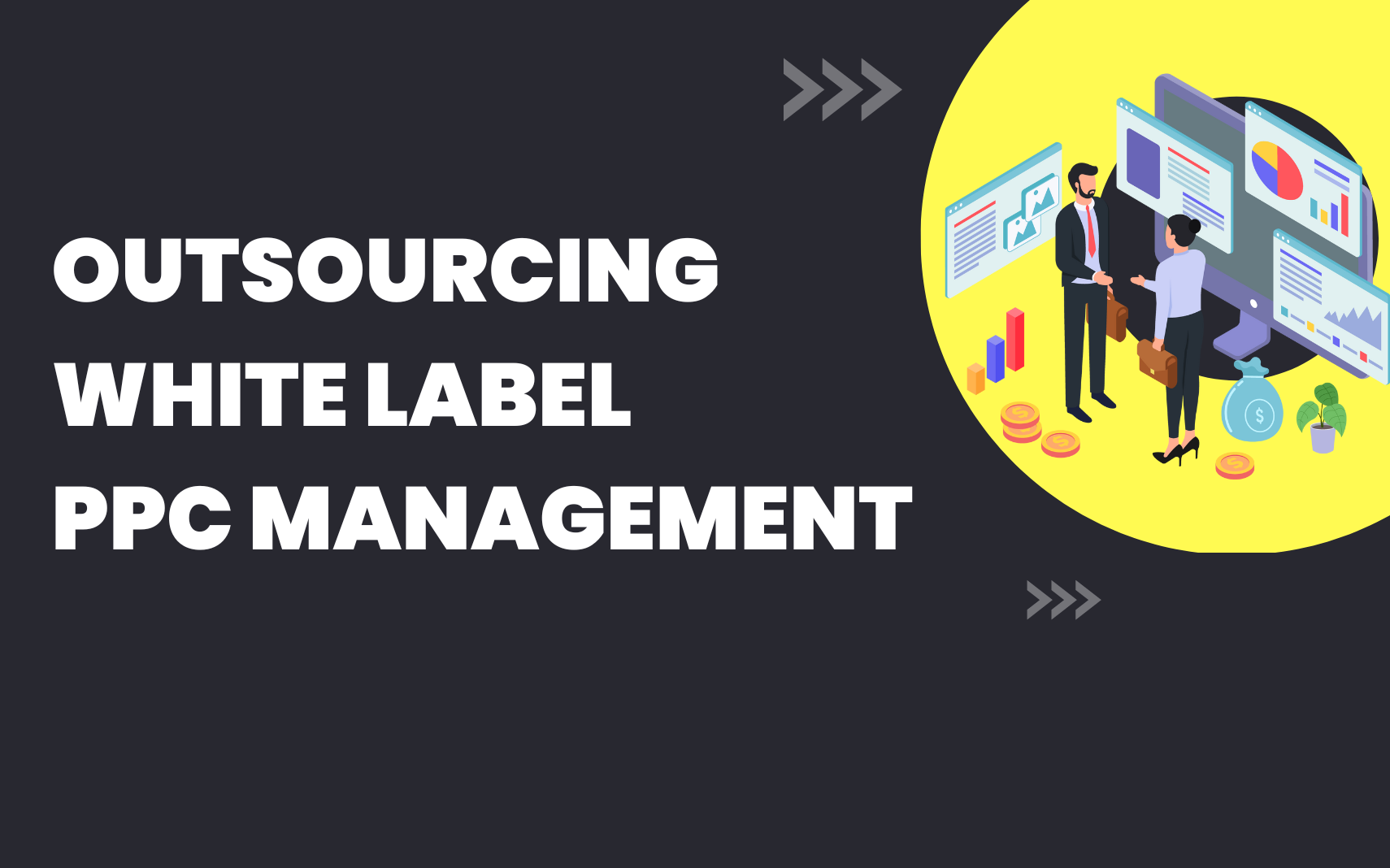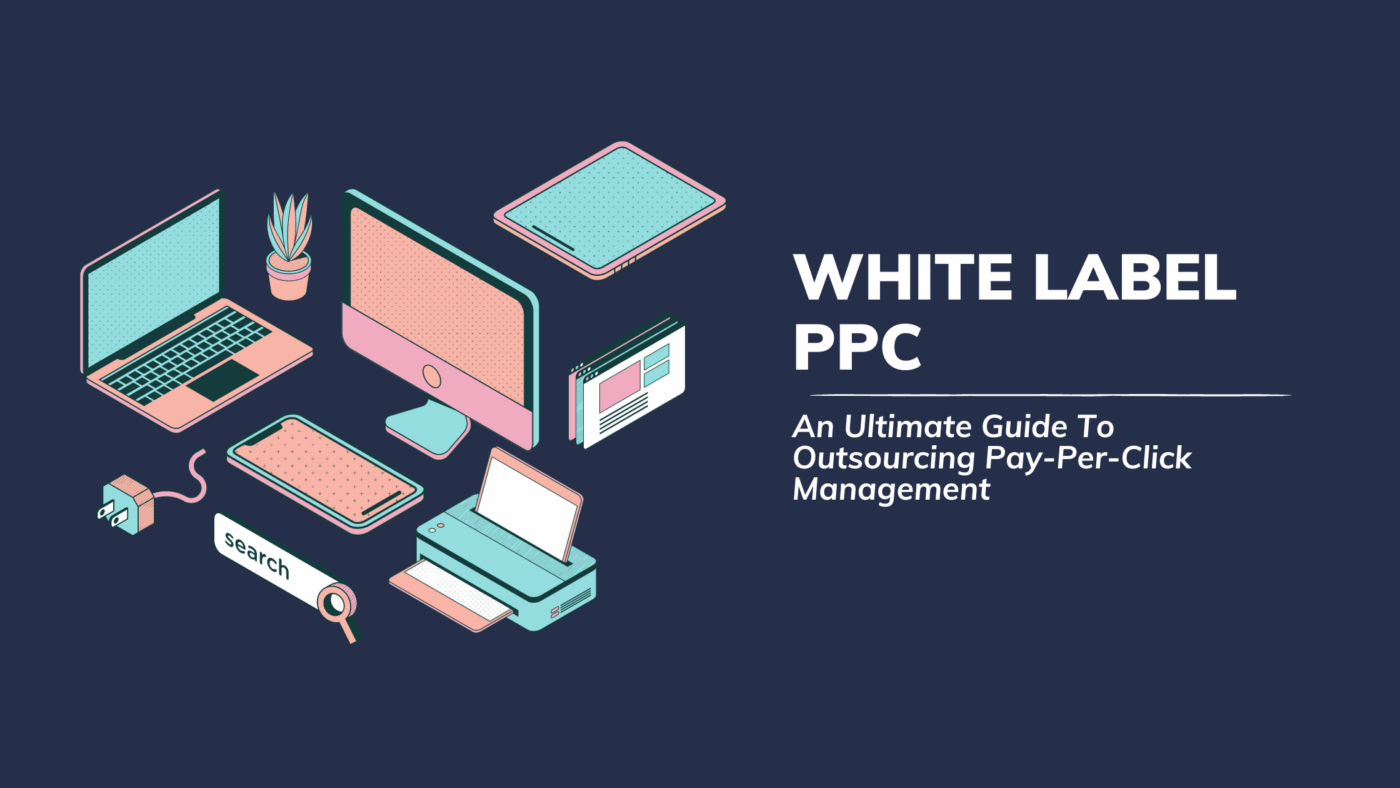Outsourcing White Label PPC Management

In an era where digital marketing is growing at an unprecedented rate, agencies are constantly seeking new ways to meet the demands of their clients without sacrificing quality or overstretching their resources. This is where the concept of White Label PPC management comes into play. These types of agencies specialize in managing Pay-Per-Click (PPC) campaigns for other agencies under their brand, providing a ‘ready-made’ service.
However, finding and outsourcing the right white label ppc management partner can be challenging. This article aims to offer a clear pathway to identify the right white label PPC management agency and how to best maximize this partnership.

Understanding White Label PPC Management
White label PPC services allow digital marketing agencies to offer PPC advertising solutions to their clients under their brand name. Here’s how it works: an agency hires a white label PPC provider who does all the hard work behind the scenes, including setting up, managing, and optimizing Google Ads PPC campaigns. Then, the hiring agency presents this work to the client as its own.
This model is particularly beneficial for agencies that don’t have the capacity or expertise to manage PPC campaigns themselves but still want to offer this service to their clients. Essentially, it allows them to expand their service offerings without having to hire new personnel or acquire new skills.
Pros of White Label PPC Management
Specialized Expertise: PPC is a complex field that requires a deep understanding of the advertising platforms and analytics tools involved. White label PPC companies specialize in this area, meaning they’re well equipped to handle keyword research, bid management, campaign setup, and optimization, and conversion tracking. They can deliver the most cost-effective, high-performing campaigns for your clients.
Economies of Scale: By outsourcing your PPC management, you can take on more clients and larger projects without worrying about overburdening your team or needing to hire more employees. This can lead to faster growth for your agency.
Time Efficiency: Let’s face it, managing PPC campaigns can be time-consuming, especially if it’s not your area of expertise. Outsourcing this work frees up your team to focus on what they do best, whether that’s SEO, content creation, social media management, or something else entirely.
Cons of White Label PPC Management
Less Control: When you outsource your PPC management to a third party, you give up a degree of control over the process. This can be challenging if your clients have specific expectations or if there are miscommunications between you and the white label provider.
Dependency: Relying on an external provider for a major component of your service offerings can be risky. For example, if the white label company suddenly increases its prices, delivers poor results, or goes out of business, it could leave you in a tight spot.
Trust Issues: While you’re not deceiving clients by using white label services, some clients may feel uncomfortable if they discover you’re outsourcing this work. Therefore, it’s crucial to maintain high levels of transparency and ensure the white label provider’s work meets your agency’s standards.
By fully understanding the concept and implications of white label PPC services, agencies can make an informed decision about whether this model suits their needs and capabilities. The key is to choose a reputable, reliable white label PPC company that can deliver high-quality work and maintain clear, open communication.

How To Find The Right White Label PPC Management Company
Finding the right partner to outsource your PPC services requires careful consideration. Here are a few crucial factors to consider:
1. Experience and Success
It’s vital to ensure that the company you choose has a proven track record in managing successful PPC campaigns. This goes beyond just years of experience. Ask for case studies, testimonials, or references to verify their ability to generate results. If possible, choose a company with experience in your clients’ specific industries, as they’ll be familiar with the audience behavior, keywords, and strategies that work best.
2. Certifications and Credentials
Certifications like Google Ads Certification or Bing Ads Accredited Professional status validate a company’s expertise and proficiency in managing PPC campaigns. These certifications indicate that the company is knowledgeable about the latest features, best practices, and policies related to PPC advertising.
3. Comprehensive Reporting and Transparency
A good white label PPC company will provide in-depth, easy-to-understand reports that detail the performance of the campaigns they manage. These reports should include key metrics like Click-Through Rates (CTR), Quality Score, Conversion Rate, Cost per Acquisition (CPA), and Return on Ad Spend (ROAS). The company should also be transparent about their strategies and processes and be willing to explain their approach and the reasoning behind it.
4. Communication
Consistent, open communication is crucial in any partnership. The white label company should be responsive to your inquiries and willing to have regular meetings to discuss progress and strategy. If you sense communication issues during the initial stages of discussions, it might be a red flag.
5. Flexibility and Customization
Not all clients’ needs are the same. The white label PPC company should offer flexibility in their packages and contracts to accommodate varying client needs. They should be able to customize their strategies and tactics based on the specific goals, budget, and industry of each client.
6. Pricing Structure
Consider how the company’s pricing structure aligns with your budget and how you price your services to clients. Their prices should allow you to mark up their services and make a profit, without making your PPC offerings prohibitively expensive for your clients.
7. Tools and Technologies
Find out which tools and technologies the company uses to manage and optimize PPC campaigns. They should be using reputable, up-to-date tools for keyword research, competitor analysis, ad testing, tracking, and analytics.
8. Scalability
As your agency grows, your white label partner should be able to handle an increase in volume. They should have the resources and bandwidth to accommodate more clients or larger campaigns as needed.
Finding the right white label Google Ads PPC company requires a combination of research, due diligence, and clear communication about your needs and expectations. By carefully considering these factors, you can find a partner who can deliver top-notch PPC services to your clients, under your agency’s brand.

Maximizing Your White Label PPC Management Partnership
Once you have found your ideal partner, follow these steps to make the most of the relationship:
1. Establish Clear Expectations
From the onset, be crystal clear about your expectations. Outline your key performance indicators (KPIs), timelines, budgets, reporting structures, and service levels. Clear communication about what success looks like for your agency and your clients will go a long way in preventing misunderstandings and dissatisfaction down the line.
2. Stay Involved
Just because you’re outsourcing doesn’t mean you should be hands-off. Keep a close eye on the progress of the campaigns and how your clients’ ads are performing. Regularly review the reports provided by the white label partner, ask questions, and make sure they are achieving the results you expect. If not, don’t hesitate to offer feedback or request changes.
3. Maintain Communication
Regular, proactive communication is key to a successful white label partnership. Hold regular meetings with your white label partner to discuss campaign progress, client feedback, and any other issues that arise.
4. Educate Your Clients
Your clients may not need to know the specifics of your white label partnership, but they do need to understand that you have a team of experts handling their PPC campaigns. Explain how this partnership allows your agency to deliver top-tier PPC services. This way, your clients can feel confident that their campaigns are in capable hands.
5. Leverage Their Expertise
Remember, your white label partner is not just a service provider – they’re a resource. Take advantage of their expertise to learn more about PPC best practices, industry trends, and effective strategies. This can help you provide better service to your clients and improve your agency’s overall capabilities.
6. Align Your Branding
Ensure your white label partner can align the PPC reports with your agency’s branding. This includes your logo, color scheme, and any other brand elements. This creates a seamless experience for your clients and makes it clear that the PPC services are part of your agency’s offerings.
7. Foster a Long-Term Relationship
As with any relationship, trust and mutual respect take time to build. Treat your white label partner as an extension of your team, and work on nurturing a strong, long-term relationship. This can lead to better service, more cooperation, and ultimately, better results for your clients.
8. Ensure Confidentiality
To protect your business interests, have a contract in place that includes a confidentiality or non-disclosure agreement. This will prevent the white label company from sharing sensitive information about your agency or your clients.
By following these steps, you can ensure a productive, mutually beneficial relationship with your white label Google Ads PPC partner. Remember, the ultimate goal is to provide the best possible service to your clients, and a strong white label partnership can help you achieve that.

What Should Be Included With White Label Google Ads Management
When establishing a partnership with a white label provider, there are several key services and deliverables that you should expect them to provide. Here are some of the most common:
1. Campaign Setup and Management
A white label agency should take full responsibility for setting up, managing, and optimizing the PPC campaigns. This includes keyword research, ad copy creation, bid management, and landing page optimization. In some cases they can even provide landing page build outs (which we do provide for our white label partners).
2. Reporting and Analytics
Regular, comprehensive reports are vital. These should detail the performance of the campaigns, including metrics like click-through rate, conversion rate, cost per click, and return on ad spend. The reports should be easy to understand and be provided at a frequently. Our reports come out every Sunday and the 1st of every month. They can be provided to your end client with your branding or just to your team.
3. Account Audit
Many providers offer a PPC account audit before the start of campaign management. This involves reviewing the existing PPC account (if any) and identifying areas of improvement or potential issues that could hinder performance. These can be provided as well to help with the sale of a PPC service to a client.
4. Conversion Tracking
The provider should set up conversion tracking on the advertising platforms and the clients’ websites. This allows you to track which ads are leading to valuable customer actions like purchases, sign-ups, or form submissions.
5. Competitive Analysis
This involves researching and monitoring competitors’ PPC strategies to gain insights and identify opportunities for your clients’ campaigns.
6. White Label PPC Management Branding
As a white label provider, they should be able to provide all reports and client-facing materials under your agency’s brand. This creates a seamless experience for your clients and upholds the perception of your agency as the provider of the PPC services.
7. Dedicated Account Manager
The provider should assign a dedicated account manager to your agency. This person serves as your main point of contact, ensures all work is completed to your satisfaction, and addresses any questions or concerns you may have.
8. Compliance with Platform Policies
The provider should strictly adhere to the policies and guidelines set by the advertising platforms (like Google Ads). This ensures that the campaigns they manage are compliant and minimizes the risk of any penalties or suspensions.
9. Transparent Communication
The white label provider should maintain open, clear communication with your agency. They should be responsive, proactive in providing updates, and willing to discuss strategies, results, and any issues that arise.
10. Training and Support
Some white label providers offer training or support to your agency’s team. This could involve educating your team about PPC principles, explaining how they manage the campaigns, or helping your team understand and interpret the campaign reports.
Get Access To White Label PPC Management Pricing
We’ve covered a lot of ground in this post, exploring the ins and outs of finding, selecting, and maximizing a partnership with a white label Google Ads PPC company. Now it’s time to take action. The opportunity to expand your service offerings, impress your clients, and grow your agency is within reach.
At PPC Foundry, we’re proud to offer a comprehensive, top-tier white label partnership program. By becoming a white label partner, you’ll gain access to a team of Google Ads experts who will work tirelessly behind the scenes to deliver top-notch PPC campaigns for your clients. We provide clear, detailed reports under your branding and a dedicated account manager for open, transparent communication. Plus, our pricing structure is designed to allow for profitable markups without breaking your clients’ budgets.
We’d love to show you more about our white label partnership program, including our competitive pricing and unmatched support. By becoming a white label partner, you can unlock the potential to deliver expert PPC services without the need to expand your in-house team or expertise.
Are you ready to elevate your agency and offer your clients the top-tier PPC services they deserve? To learn more about becoming a white label partner
Together, let’s take your agency to new heights. Start your white label partnership journey today.




